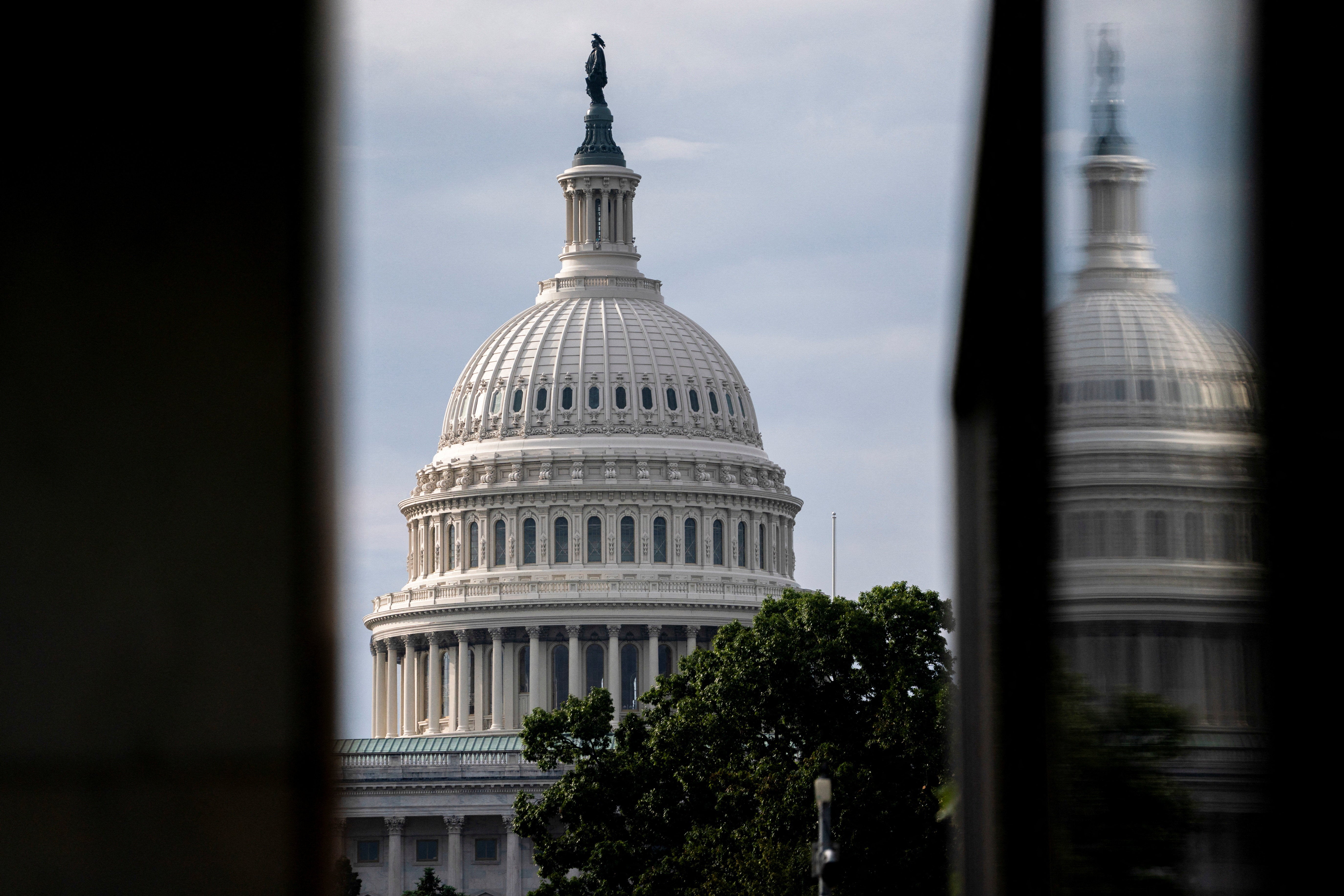
U.S. Government Shutdown Begins: A Crisis of Governance
The United States has once again plunged into a federal government shutdown, the first since 2018–19 and now the third under President Donald Trump’s leadership. As of October 1, 2025, Congress failed to pass a funding bill for the new fiscal year, triggering a shutdown that exposes not only partisan deadlock but also a deeper crisis of governance.
Nearly 750,000 federal workers face furloughs — sent home without pay — while many others must continue working in critical roles without a paycheck. The Department of Transportation has confirmed that over 11,000 FAA employees will be sidelined, raising concerns over air travel safety and efficiency, even as air traffic controllers and TSA staff are forced to work unpaid. Similarly, the Health and Human Services Department will furlough 41% of its workforce, stalling public health oversight, CDC operations, and NIH research projects.
Even America’s iconic national parks will operate in a limited capacity, relying on entrance fees to keep some services afloat, while visitor centers, staffing, and maintenance take a serious hit.
This shutdown, however, feels more aggressive than those of the past. The White House has instructed agencies to prepare for permanent layoffs in certain programs that do not align with administration priorities. That shifts the shutdown from being a temporary budget standoff into a tool for structural change, threatening to dismantle programs under the guise of fiscal restraint.
The broader consequences will be severe. Economic data collection is delayed, disrupting markets and financial planning. Federal contractors, small businesses, and state governments that depend on federal funding will all feel the pinch. Vulnerable populations who rely on federal assistance will be left uncertain about when or if they will receive support.
At its core, this shutdown is less about budgets and more about political brinkmanship. Both parties have dug in over spending priorities, healthcare subsidies, and foreign aid, but the cost is borne by everyday citizens, workers, and communities.
The United States prides itself on being a global leader, yet repeated shutdowns reveal an uncomfortable truth: Washington cannot reliably keep its own government functioning. Each shutdown not only harms the economy but also erodes public trust, leaving the American people caught in the crossfire of political gamesmanship.
